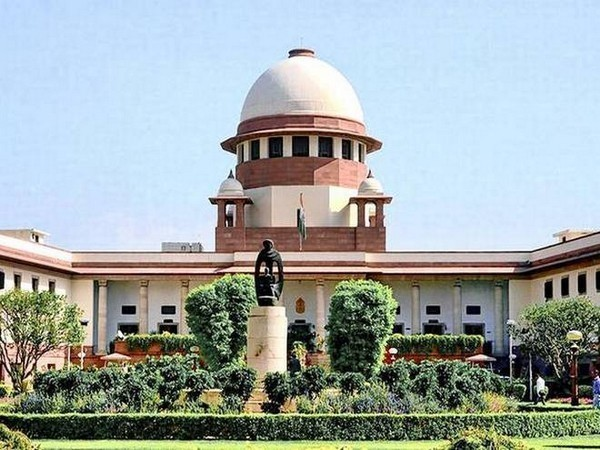
The Supreme Court on Friday sought a report from the medical board at AIIMS regarding the condition of a 26-week-old foetus of a married woman seeking permission for pregnancy termination.
The woman had been granted permission for termination based on medical grounds in a previous court order, and the Centre sought a recall of this order.
The bench, led by Chief Justice D Y Chandrachud, acknowledged that the earlier report from AIIMS stated the foetus was normal but sought an additional report to eliminate any doubts.
The woman, who is a mother of two, has been undergoing treatment for postpartum psychosis, and the court wants to determine if her condition or medication would jeopardize her pregnancy.
The AIIMS medical board will provide its independent evaluation of her mental and physical state. The report is expected by October 16, the next hearing date. The court is balancing the right to autonomy of the mother, who seeks to terminate her healthy pregnancy due to her health issues, with the rights of the unborn child.
The case emerged after one of the AIIMS doctors expressed concerns that the foetus could survive if the pregnancy were terminated at this stage.
A two-judge bench had previously delivered a split verdict on the Centre’s request to recall the October 9 order that granted permission for the pregnancy termination.
The woman sought approval to terminate her pregnancy due to postpartum depression and other medical reasons. Under the Medical Termination of Pregnancy (MTP) Act, the maximum limit for pregnancy termination is 24 weeks for married women and special categories, including survivors of rape and vulnerable women, such as the differently-abled and minors.